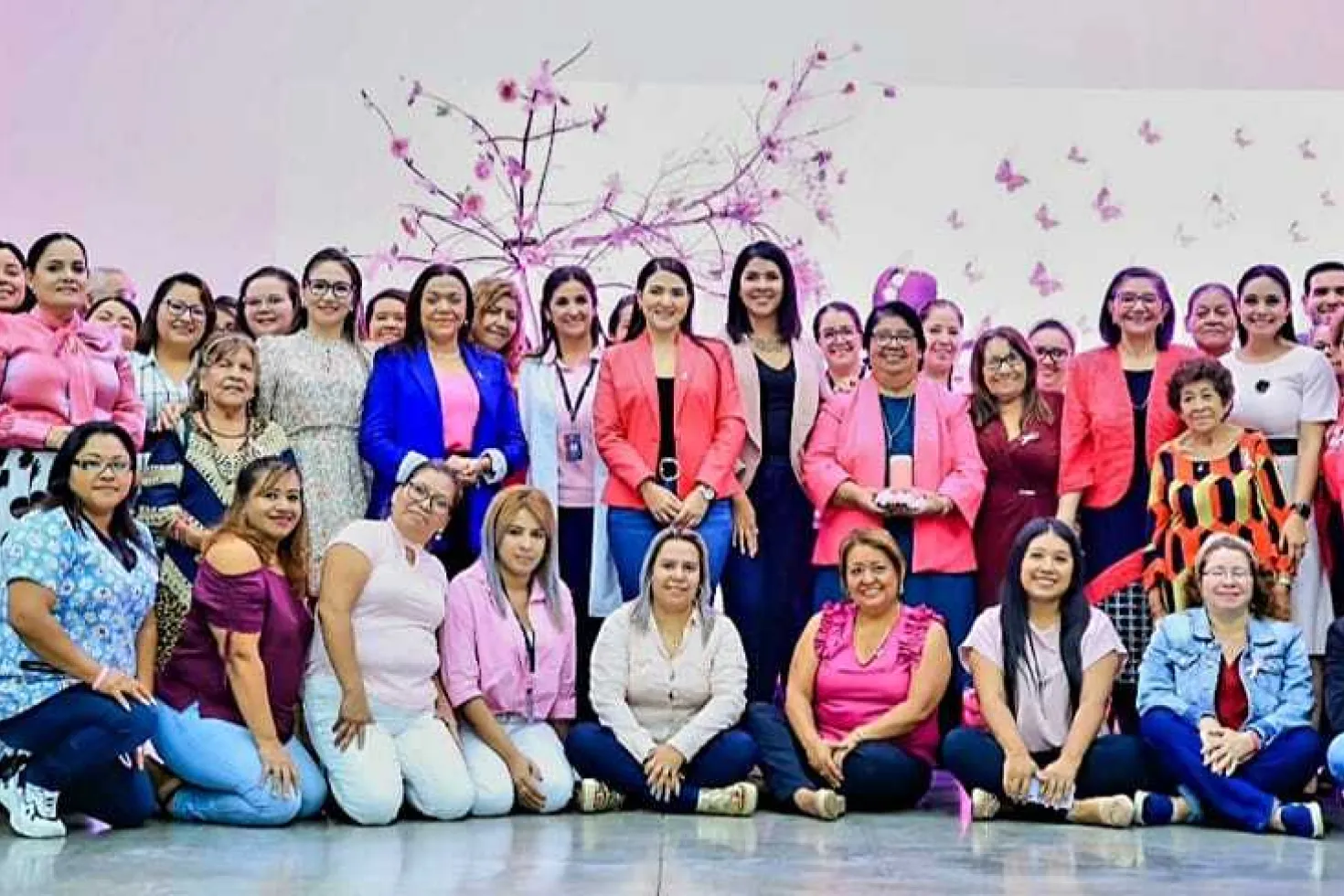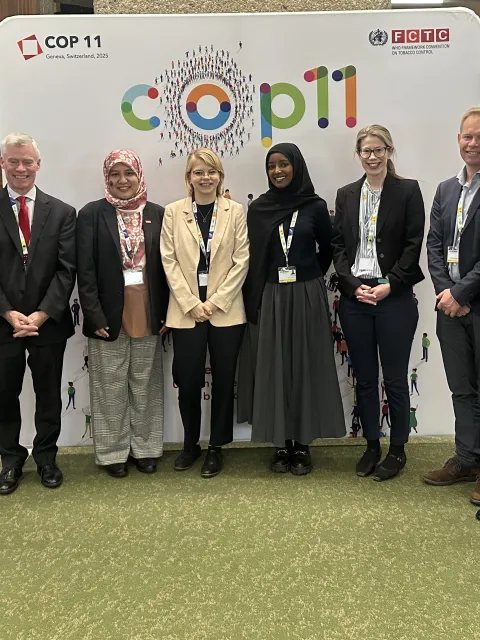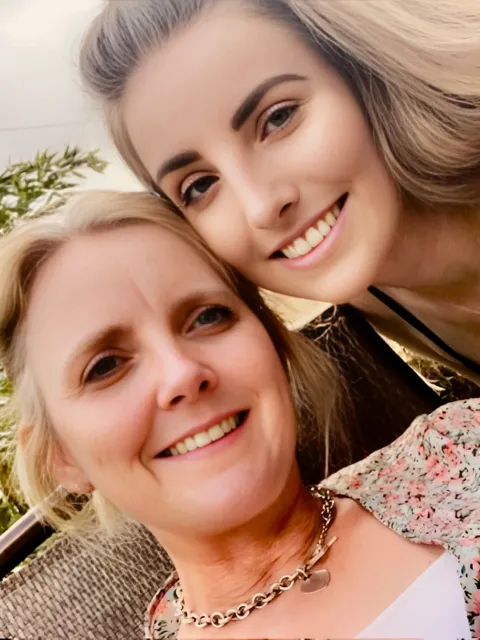UICC members strengthen early breast cancer detection in low-resource settings
Through targeted training, community outreach, and strategies adapted to their local contexts, UICC member organisations in Rwanda and El Salvador are advancing concrete solutions to detect and treat breast cancer earlier in underserved regions.

HIGHLIGHTS
-
Rwanda Cancer Relief trained 147 general practitioners to improve early breast cancer recognition and referral, supported by online resources and partnerships with national oncology centres.
-
Psychosocial stigma around breast cancer prompted advocacy for holistic care, including prosthetics, psychotherapy, and patient accommodation in Kigali.
-
ASAPRECAN in El Salvador combined healthcare worker training and rural outreach with adapted materials to improve early diagnosis and community awareness.
-
Project outcomes informed national policy, securing continued funding and enabling plans for patient navigation and broader regional training efforts.
UICC member organisations are leading efforts to improve early detection of breast cancer in settings where resources are scarce, through improved training for health workers, development of local diagnostic tools, and direct engagement with communities.
With the support of grants awarded by UICC as part of its Breast Cancer programme, members such as Rwanda Cancer Relief (RCR) and Asociación Salvadoreña para la Prevención del Cáncer (ASAPRECAN) in El Salvador have implemented projects that respond to specific gaps in their national cancer control systems.
In Rwanda, where breast cancer often goes undetected until late stages, RCR focused on general practitioners (GPs) at district hospitals, training 147 GPs on the basics of breast cancer, including epidemiology, anatomy, pathophysiology, presentation, and initial evaluation. This training improved the GPs' capacity to identify and evaluate breast cancer patients, with the goal of diagnosing cases earlier and referring them for specialised care in a timely manner.
“We realised that many earlier generations of GPs received limited oncology training during medical school. They’re the first point of contact, yet they weren’t fully equipped to detect or refer cases of breast cancer,” said Brandon A. Niyibizi, the former Director at RCR who led the project and now sits on the organisation’s Board.
RCR collaborated with oncologists from the Rwanda Cancer Centre and the Rwanda Biomedical Centre to deliver the intensive training programme. It included in-person sessions, an online course, and downloadable reference materials accessible through RCR’s website. “We made sure the online course could be accessed by participants even after the training ended. That way, they can continue to refresh their knowledge and share it with peers,” Niyibizi explained.
The project also revealed significant psychosocial barriers. “Many women are afraid of the implications of a diagnosis. There’s a lot of stigma, especially related to mastectomy and its impact on marriage and social standing,” said Niyibizi. “Some patients don’t return after a diagnosis because they fear losing their breast or being abandoned.”
In response, RCR is advocating for prosthetic breast provision and psychotherapy services. The team is also planning to build a house in Kigali to host women with cancer travelling long distances for care, and offer food, accommodation, and a supportive environment. “You can’t separate treatment from the social and psychological needs. We need a holistic model,” Niyibizi added.
In El Salvador, ASAPRECAN partnered with the Ministry of Health and the Pan American Health Organization (PAHO) to launch a national initiative to improve breast cancer control in line with the recommendations of the Global Breast Cancer Initiative.
This collaborative project focused on strengthening the country’s capacity for early diagnosis and timely referral through a dual approach: community education and professional training.
“We adapted training manuals developed in Peru for health promotion and clinical breast examination, so they would work in our context,” said Dr Lisseth Ruiz de Campos, Director of ASAPRECAN. “We trained health promoters, nurses, and doctors from primary and secondary care levels, across the central and western regions, ensuring consistency across the system.”
Healthcare workers were trained in clinical breast examination, fine-needle aspiration biopsy, and basic breast ultrasound techniques. Simultaneously, educational campaigns were rolled out to raise public awareness about the importance of early detection.
ASAPRECAN’s work began with a baseline study at the National Women’s Hospital, which showed that 60% of breast cancer cases were diagnosed at advanced stages. This data further informed the development of the training programme, and rolled out community-based education and diagnostic services. “We started doing outreach in rural areas—educational sessions, clinical breast exams, and ultrasounds where needed,” said Dr Ruiz de Campos.
The initiative not only enhanced the technical skills of frontline health personnel but also laid the groundwork for more equitable and timely access to breast cancer diagnosis across the country.
Despite these advances, infrastructure in secondary-level hospitals remains a major barrier. “Even where we’ve trained staff in fine-needle aspiration, the diagnostic equipment isn’t always available,” Dr Ruiz de Campos said. To bridge that gap, ASAPRECAN is advocating with national health authorities for better equipment and pushing for consistent implementation of screening protocols.
The work is also having impact at the policy level. “We were able to present our project results to the Legislative Assembly, which then allocated funds to continue the programme through 2024 and 2025,” Dr Ruiz de Campos de Campos noted.
El Salvador is also one of the initial focal countries for the ATOM coalition, where Coalition partners and national partners are working together to increase access to medicines – a move that will help reinforce early diagnosis with timely treatment.
ASAPRECAN is now preparing to launch a patient navigation programme and expand training to new regions. “The goal is not only to detect earlier but also to ensure that women do not fall through the cracks once they’re in the system,” Dr Ruiz de Campos said.
Both ASAPRECAN and RCR emphasise the importance of context-sensitive support. “The grant from UICC helped us focus on something very specific – equipping frontline doctors,” said Niyibizi. “Combining this technical training with psychological support and community understanding makes change possible.”
Further related reading
Breast cancer early detection and care coordination in Rwanda
Improving early diagnosis of breast cancer in a public healthcare network in El Salvador
Last update
Monday 21 July 2025
